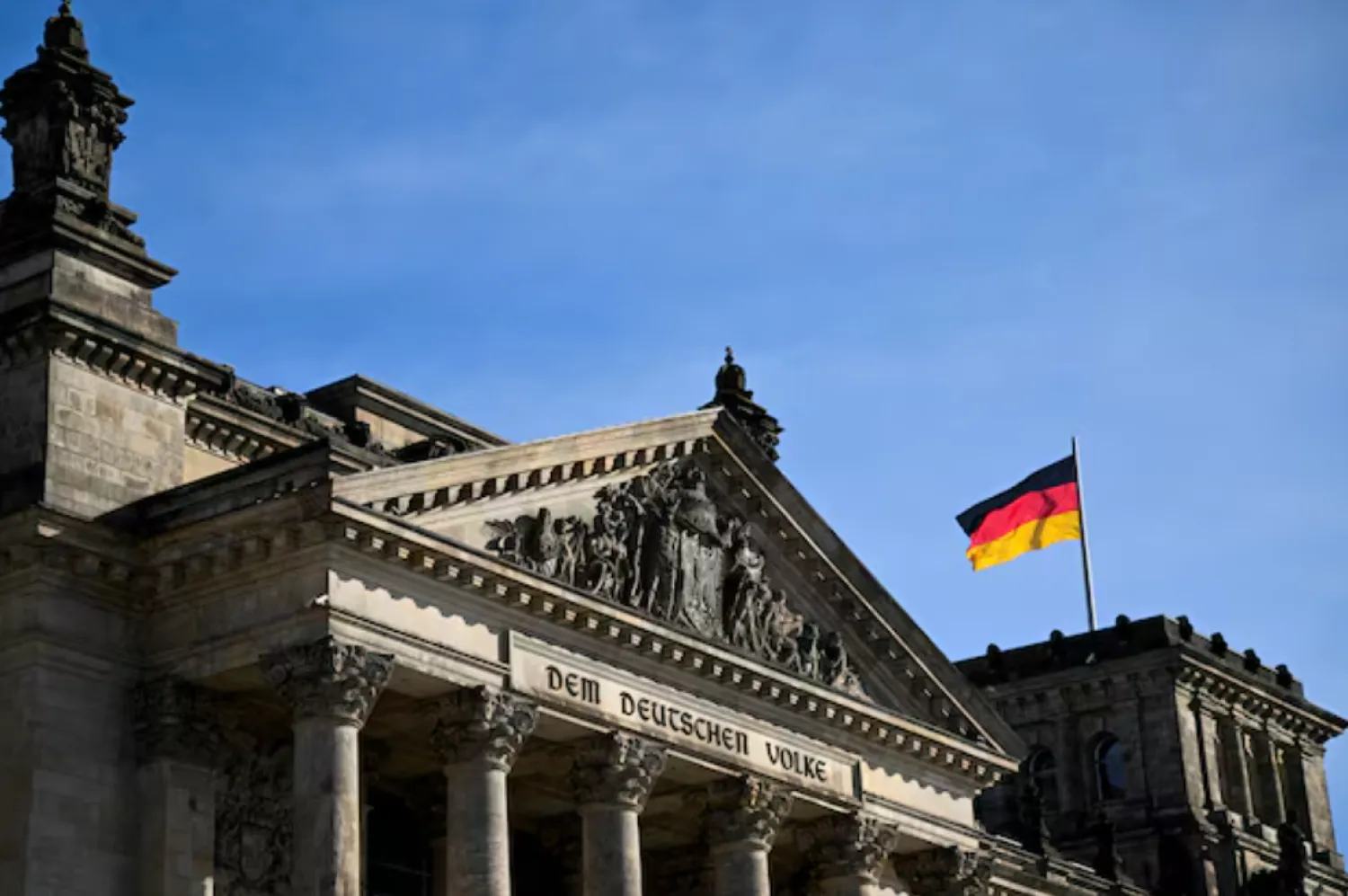Britain, France, and Germany have said they would retain ballistic missile and nuclear proliferation-related sanctions on Iran that were set to expire in October under the 2015 Iran nuclear deal.
The three European allies known as E3 announced in a statement, a copy of which was obtained by Asharq Al-Awsat, that they intend to maintain nuclear proliferation-related measures on Iran, as well as arms and missile embargoes, after Joint Comprehensive Plan of Action (JCPoA) Transition Day on October 18, 2023.
The deal's coordinator, EU foreign policy chief Josep Borrell, said he had received a letter from the E3 informing him of their decision and transferred it to Iran, China, and Russia, the other participants.
"As Coordinator, I will consult with all JCPoA participants on the way ahead," Borrell said.
“They had registered their concerns that Iran was not meeting its commitments,” Borrell said on Thursday.
“They express their intent not to take the steps regarding the lifting of further sanctions on JCPOA transition day.”
Borrell indicated that he would consult with all parties to the nuclear agreement to agree on the next steps, demonstrating his continued commitment to fully re-implementing the atomic deal and “spare no effort” to achieve this.
- “No additional sanctions”
Although the three countries announced their intention to renew the sanctions, they were keen to stress that the decision does not amount to imposing additional sanctions on Iran or activating the mechanism to re-impose UN sanctions on it.
The statement indicated that the three countries remain committed to a diplomatic solution, but Iran must now take clear steps towards de-escalation.
“We are committed to preventing Iran from developing nuclear weapons,” read the statement.
The UK said Iran’s stockpile of enriched uranium was 18 times the limits set out in the JCPOA, and hundreds of advanced centrifuges had been built and deployed.
The three countries believed that Iran “twice missed” the opportunity to revive the nuclear agreement, and they remained committed to preventing Tehran from developing a nuclear weapon. Still, its stockpile of highly enriched uranium was at a level “beyond all credible civilian justification.”
- European-Iranian meetings in New York
A Western source told Asharq Al-Awsat that the step was “logical and expected,” noting that Iran’s nuclear program had exceeded all restrictions within the agreement.
A second European source told Asharq Al-Awsat that the UN General Assembly meetings in New York next week will witness side meetings between the European coordinator and his deputy with the Iranian delegation to discuss the next steps and try to reduce the escalation.
- Baerbock, Amir-Abdollahian phone call
German Foreign Minister Annalena Baerbock made a rare call with her Iranian counterpart, Hossein Amir-Abdollahian, according to the Iranian Foreign Ministry.
The two ministers discussed several issues of common interest and exchanged views on various topics, including issues of concern to Iran. The discussions were clear and straightforward.
Baerbock and Amir-Abdollahian met in February last year on the sidelines of the Munich Security Conference. Baerbock informed her Iranian counterpart of the European countries’ intention to extend the sanctions.
Western countries refrained from escalating against Tehran within the Board of Governors of the International Atomic Energy Agency (IAEA) held this week in Vienna, mainly because the US refused to pass a resolution that increases pressure on Iran.









